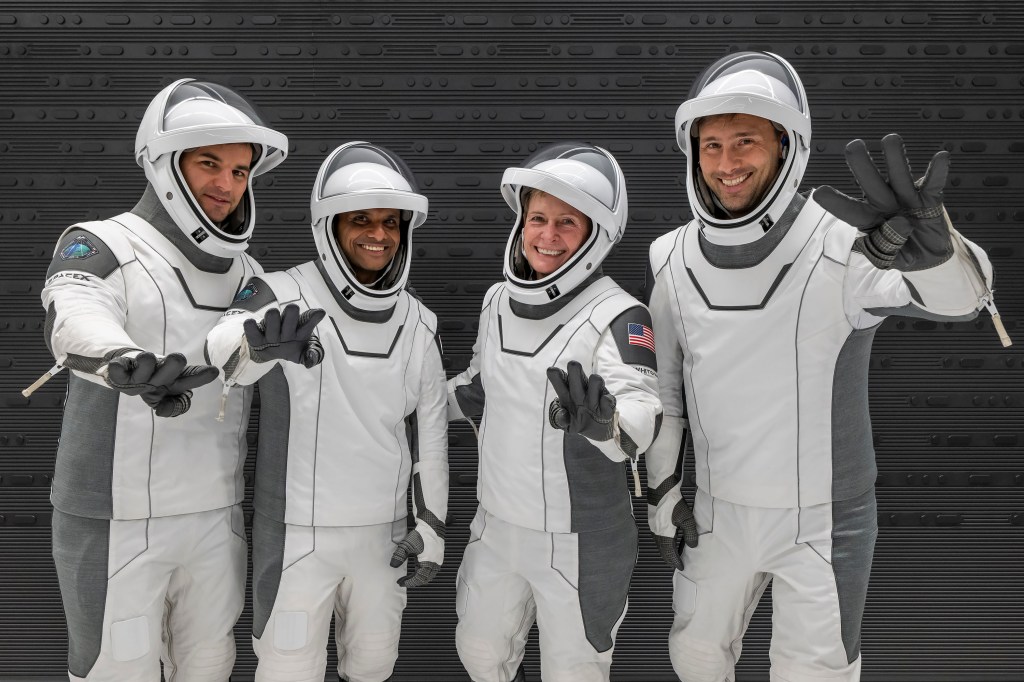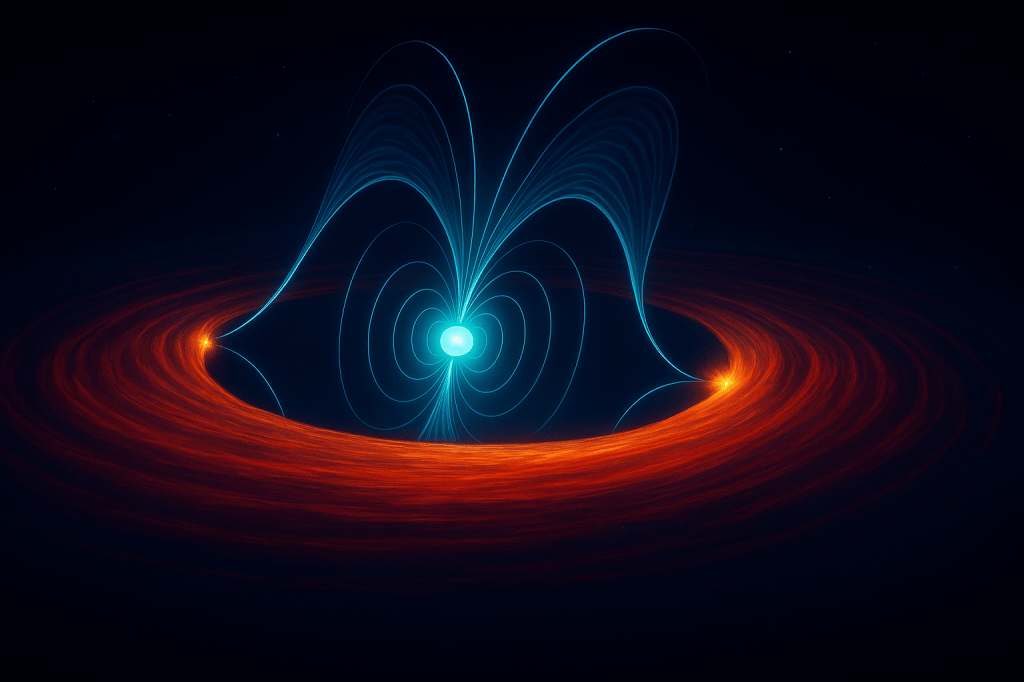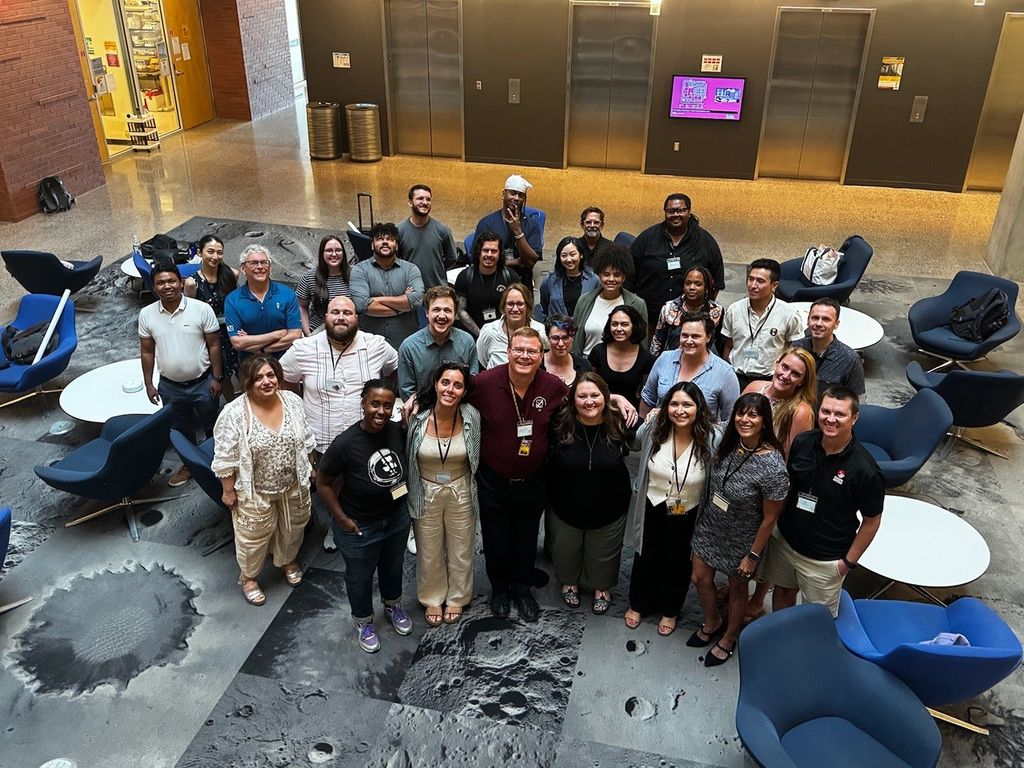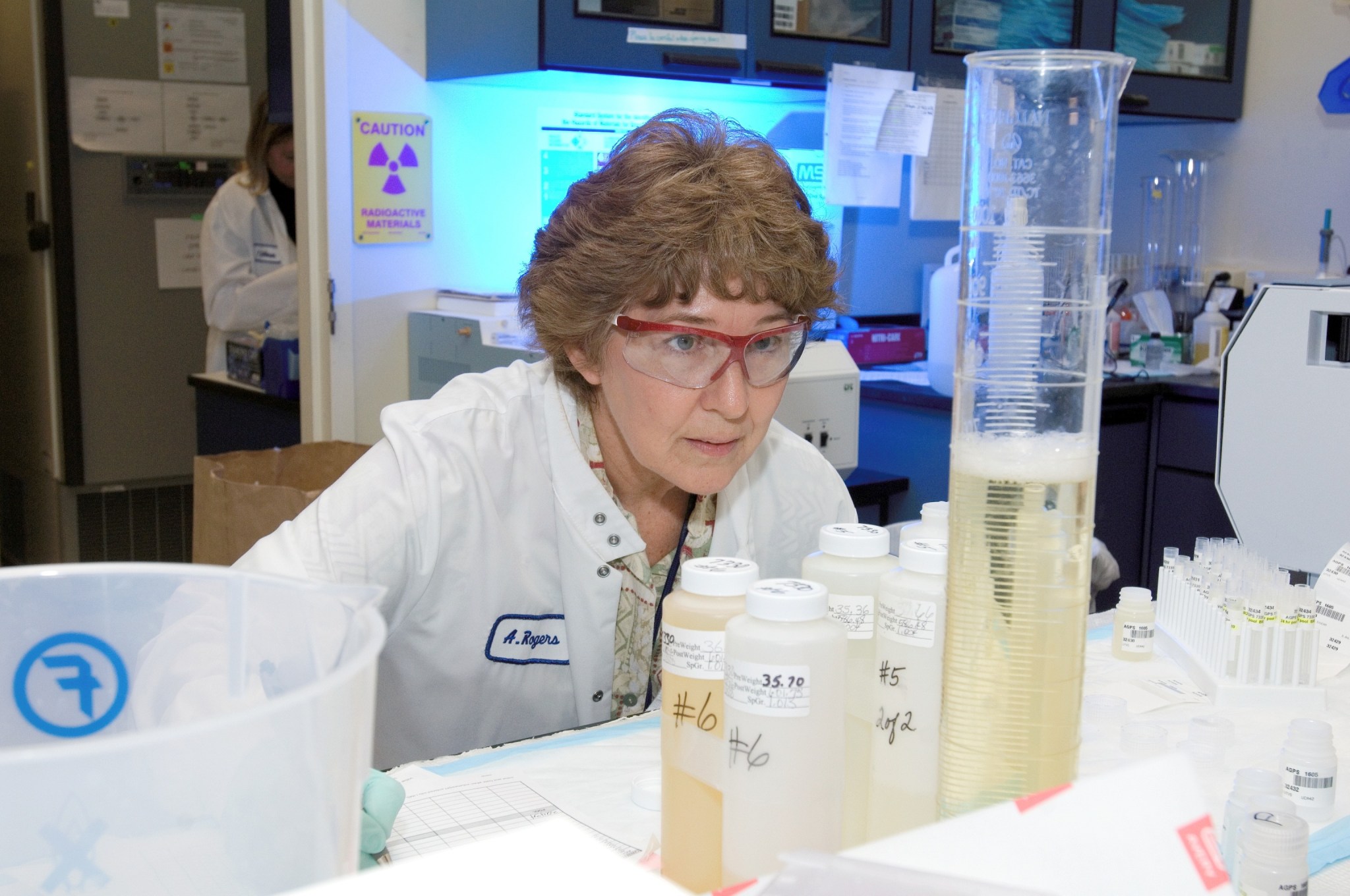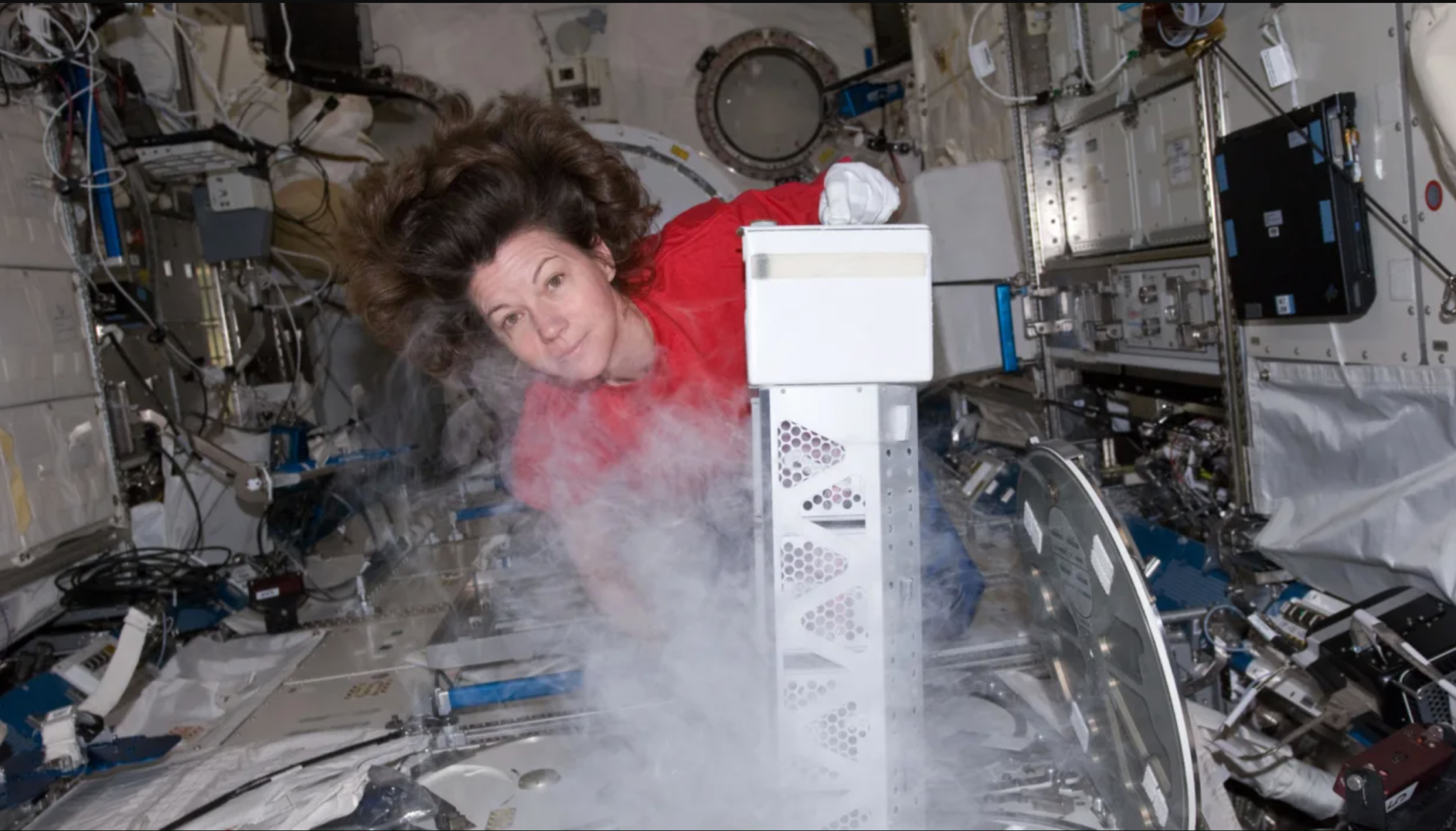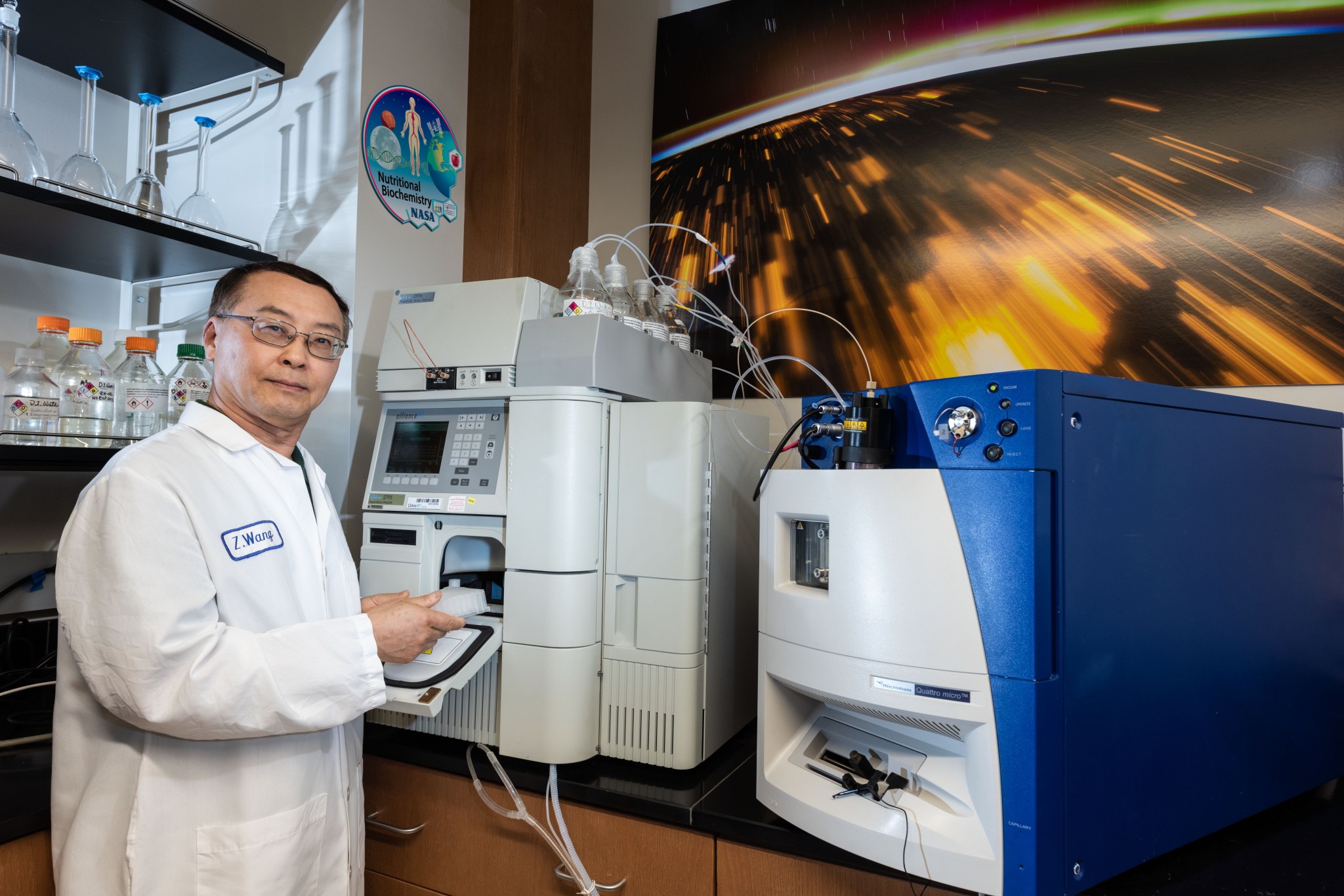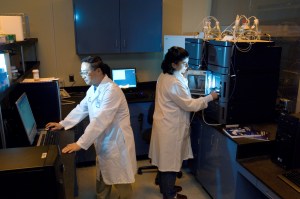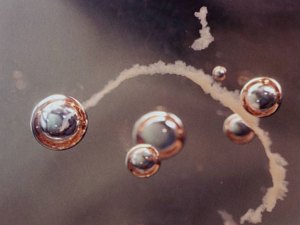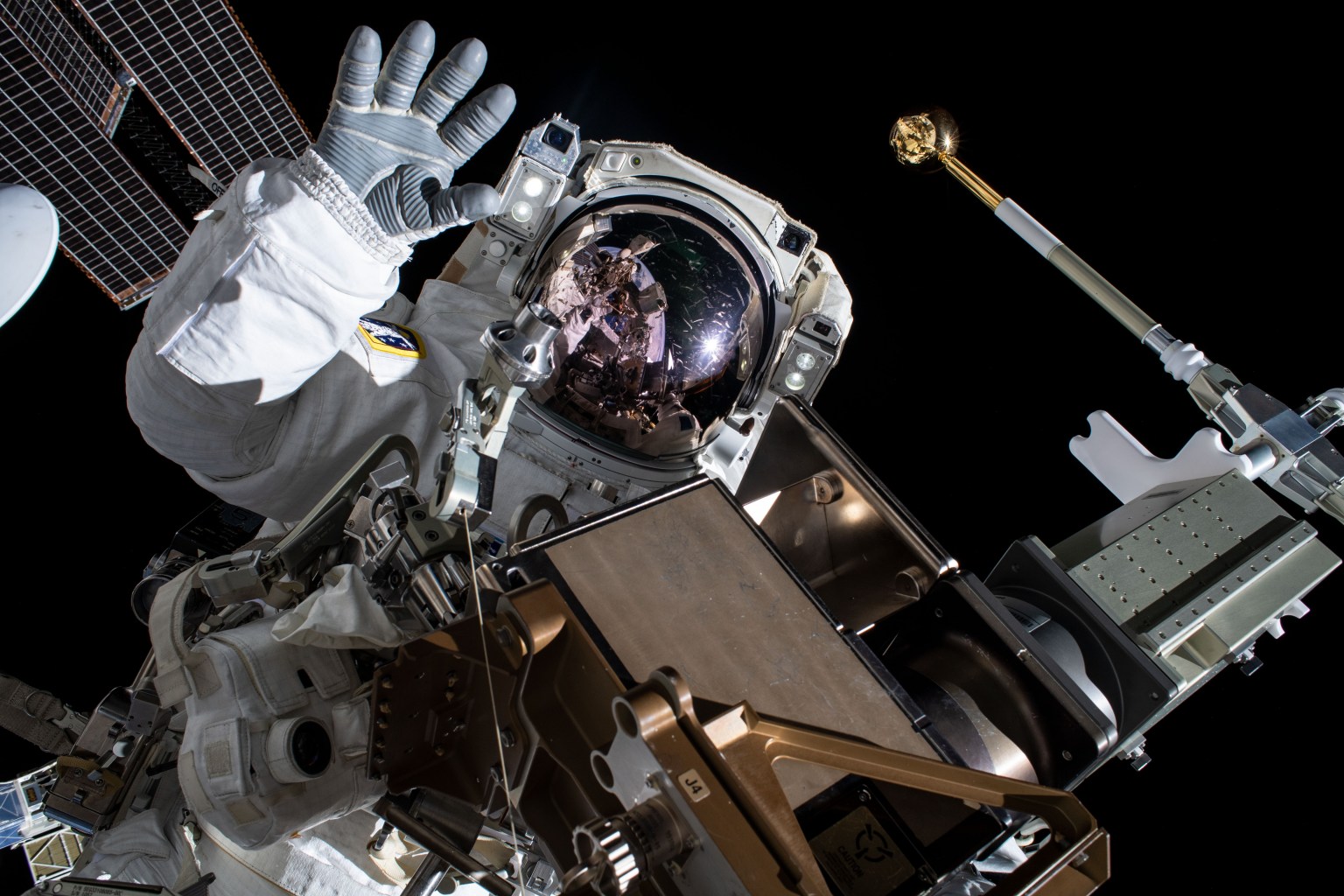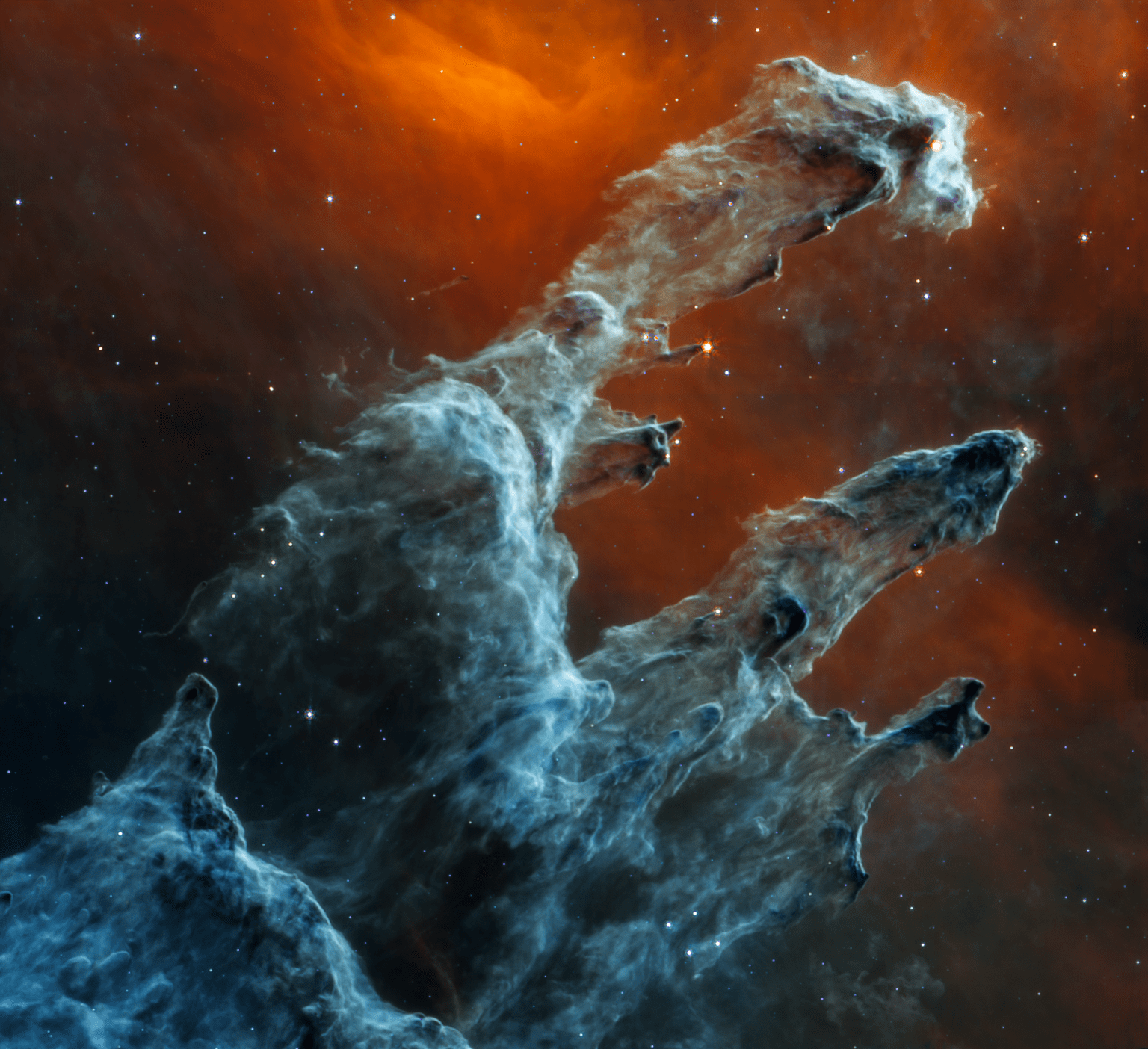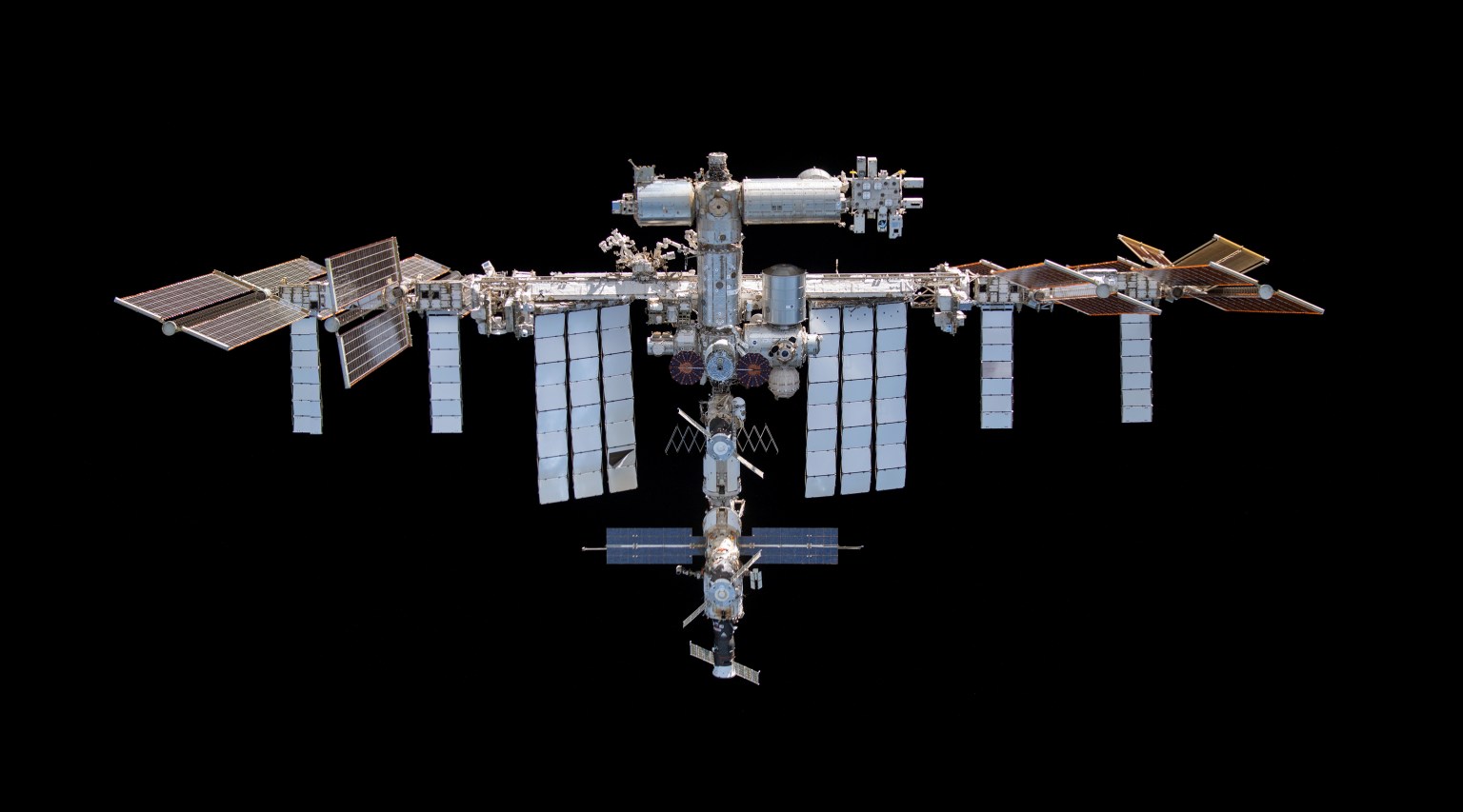Studying the Role of Nutrition in Spaceflight
As explorers throughout history found the hard way – nutrition can make – or break – your exploration mission. As we look to explore space both in and beyond low Earth orbit – we need to make sure that we understand the nutritional requirements for astronauts, how they differ from requirements on Earth, and how we can use nutrition as a countermeasure for the damaging effects of space travel on the body. This is the focus of the Human Health and Performance’s Nutritional Biochemistry team. Nutritional needs are different during spaceflight than on Earth. For example, past research suggests that astronauts, in general, need less iron during long-duration missions due to changes in the body’s production of red blood cells. Conversely, astronauts’ bodies can’t make vitamin D while living aboard a spacecraft compared to people soaking up the sun’s rays on the ground. The Nutritional Biochemistry Team develops and validates nutritional countermeasures to prevent or minimize the negative effects of long-duration spaceflight on the human body. While nutrition may not prevent diseases like cancer, cataracts, and osteoporosis, which are among health concerns for astronauts, poor nutrition could increase the risk of developing these diseases. Ensuring we understand nutritional requirements for space travelers is a critical factor in keeping exploration crews healthy.
Fun Fact: It is thought that food settles differently in the stomach in weightlessness, and this can cause astronauts to feel full before they eat enough.

NASA
Operational Goals of the Nutritional Biochemistry Laboratory
The primary operational focus of the Nutritional Biochemistry team is to keep the ISS crews healthy. To this end, they conduct a Clinical Nutritional Assessment profile, which is completed with all ISS astronauts. Biochemical assessments of nutritional status are checked before and after flight. During these 4 to 6-month flights, astronauts’ dietary intake and body mass are monitored. An iPad App known as the ISS Food Intake Tracker (ISS FIT) was developed to make tracking dietary intake a simpler task for crewmembers. The ISS FIT was first deployed on ISS in 2016. Because astronauts often don’t eat enough during flight, they can lose weight, which is associated with more bone and muscle loss, and other problems. It is hypothesized that food doesn’t settle in the stomach as it does on Earth, and as a result, the stomach tells the brain it is full before it really is. The ISS FIT App allows astronauts to see in real-time how close they are to meeting their daily nutritional needs , letting them know when they need to keep eating. The data are downlinked weekly for the Nutritional & Biochemistry team to review and report to the flight surgeon.
Research Goals and Benefits to Life on Earth
The Nutritional Biochemistry team’s research efforts have included both spaceflight and ground-analog studies with human subjects. Studies of vitamin D supplementation in Antarctica revealed interrelated effects of vitamin D status and stress with immune system function. This led scientists to speculate that the severity of the course of COVID-19 infection might be related to vitamin D status. The Nutritional Biochemistry Laboratory’s ISS research has yielded 30 publications so far – and counting. They have documented that fish consumption, and omega-3 fatty acids are good for bone health, as are vegetables in general. When some astronauts were found to be developing problems with their eyes, the team identified blood chemistry differences in affected astronauts – before flight – which led to the identification of a genetic predisposition for these ocular health issues. Ground-based bed rest studies are in work to test whether this knowledge can be used to develop a countermeasure – by providing at risk individuals with specific vitamin supplements. Essentially, all the work conducted by this team involves collaborations with scientists at universities across the U.S. and around the world.
Work performed in the Nutritional & Biochemistry Lab includes:
- Biochemical nutritional status assessments;
- Analysis of dietary intake;
- Research and clinical dietetics;
- Nutrition and related physiological research ;
- Establish and monitor nutritional requirements;
- Assessments of bone remodeling.
Technology and Hardware utilized to monitor nutrition include:
- Agilent High-performance Liquid Chromatography (HPLC)
- PerkinElmer AAnalyst 200 Atomic Absorption Spectrometer
- NexION 350D Inductively Coupled Plasma Mass Spectrometer
- ESA CoulArray 8-Channel Detector
- Agilent LC1100 and LC1260 High-performance Liquid Chromatography Analyzers
- Water Liquid Chromatograph with Tandem Mass Spectrometers (LC-MSMS)
- Hitachi amino acid analyzer
- Perkin Elmer Cobra Gamma Radiation Counter
- Laboratory Technologies, Inc. Genesys Gamma Counter
- Antek MultiTek Pyrochemiluminescent Nitrogen Elemental Analyzer
- Siemens BN II Nephelometer
- Molecular Devices SpectraMax 340PC Microplate Spectrophotometer
- Metrohm Robotic Titrosampler
- CEM MarsXpress Microwave Digestion System
- Alfa Wassermann, Inc. ACE Alera Clinical Chemistry Analyzer
- Advanced Instruments, Inc. Model 2020 Osmometer
- Dionex Ion Chromatography System
References
- Human Adaptation to Spaceflight: The Role of Food and Nutrition 2nd Edition (PDF)
- iBook on Space Nutrition
- Human Adaptation to Spaceflight: The Role of Food and Nutrition 1st Edition (PDF)
- Nutritional Biochemistry of Space Flight (PDF)
Points of Contact:
Scott M. Smith, PhD
Sara R. Zwart, PhD
Eden Fields
Kami Faust


